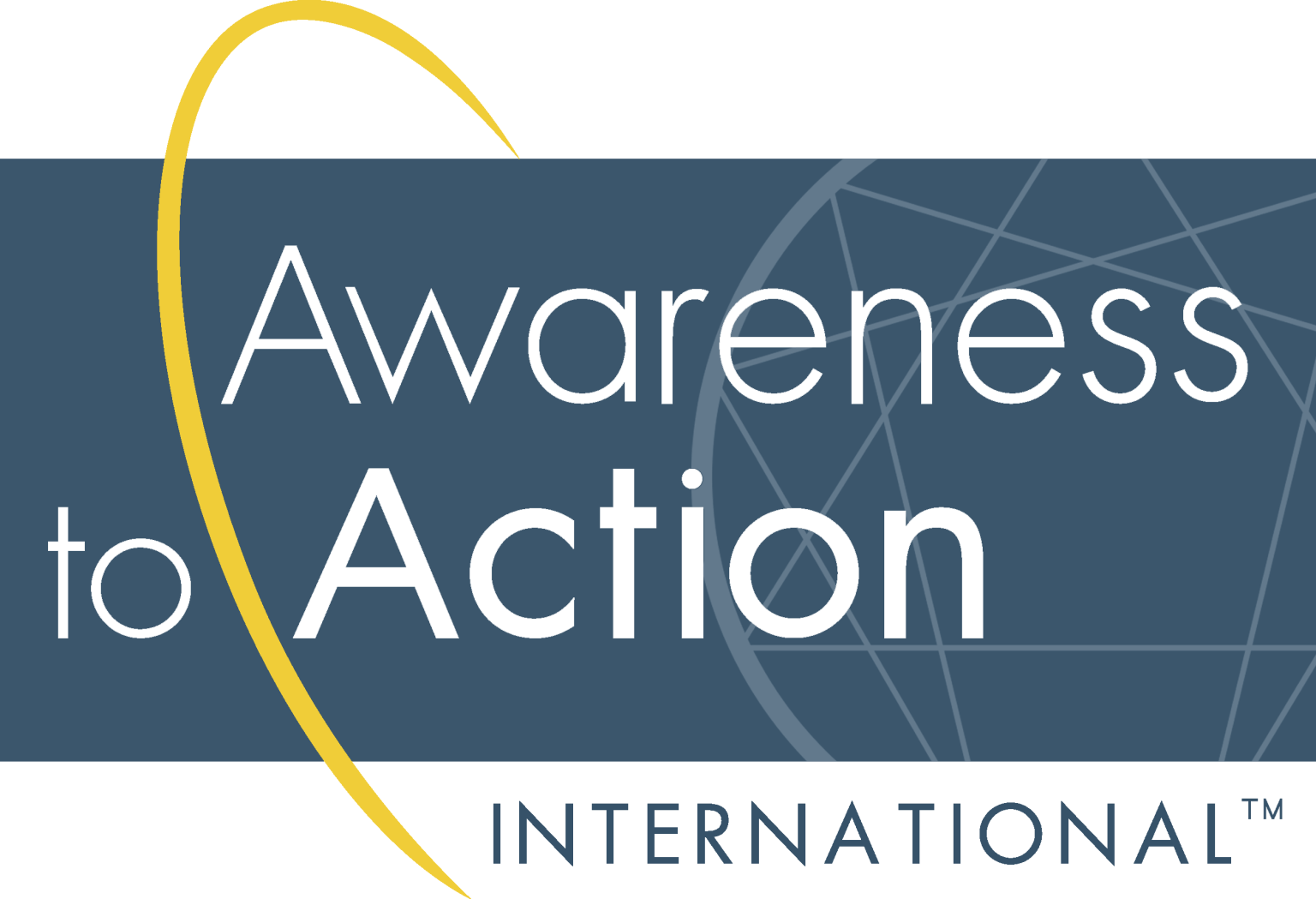(This post originally appeared at http://www.mariosikora.com)
I
rarely surf the web for writing or videos about the Enneagram. There are a couple of reasons for this, but the main reason is the same as one that applies to all areas of the web–it is a real challenge to sort the wheat from the chaff. Pick any topic and google it; you will find some good content and some that is… well, of dubious quality.
Marvin Gaye’s plaintive refrain echoed through my head when I made the mistake of reading some Enneagram-related web blurtings this week. The brilliance of Marvin Gaye’s voice was that he could capture outrage, heartbreak, and resignation all at the same time. It perfectly summed up my reaction to some of the things I read.
Don’t get me wrong–there is a lot of good writing out there on the Enneagram. I won’t single out any exemplary authors for fear of implying a lack of admiration for any authors I might fail to mention. Likewise, I won’t identify writing that I think is poorly done. I’ll let the reader come to his or her own conclusions based on a few basic principles. I want to offer some thoughts on good versus bad writing about the Enneagram with the hope that people won’t assume that just anything written it is true; even when written by well-known authors.
Bad writing about the Enneagram traffics in generalizations. It often includes statements such as “Type X bathes less frequently than other types…” “Type Y has the most affairs….” “Type Z doesn’t read…” Such generalizations not only oversimplify complex matters, they do harm by tarring people with negative qualities they may not possess. They damage the credibility of the system and they cause pain to individuals. Good writing on the Enneagram emphasizes the complexities of human nature and the subtleties of how the types and subtypes present themselves to the world. It focuses on the deep-seated drives of each Ennea-type and understands that external traits and characteristics are mere hints to what may be going on at a deeper level. The Enneagram is a great model, but it is not complete and it is not magical. Explanations that seem too perfect probably are.
Bad writing about the Enneagram is often at a distance. What I mean by this is that the author is often writing about people they don’t know and are observing from afar (such distant musings are often rationalized with comments such as, “well, I know people who know X”). Because the writer only sees the surface, they tend to write about the surface and assume things about the depths that may or may not be true. Granted, it is fun and interesting to speculate on the Ennea-type of public figures–I do it myself–but any such speculation must be held VERY lightly. Good writing about people comes from close experience of the person. It is based on multiple, first-hand data points over time. It is based on capturing the subject in unguarded and spontaneous moments viewed in context rather than trying to analyze filtered public displays. The more distance there is between the author and an actual experience of the subject, the more likely that any analytical writing will be more a reflection of the author and his issues and biases than a true description of the subject.






